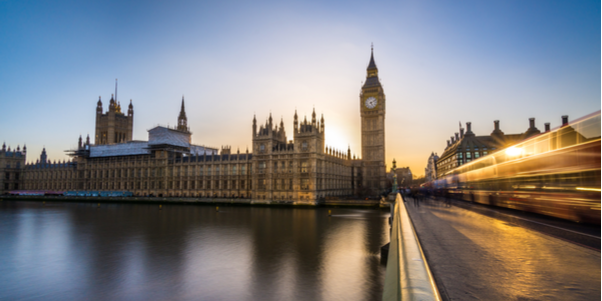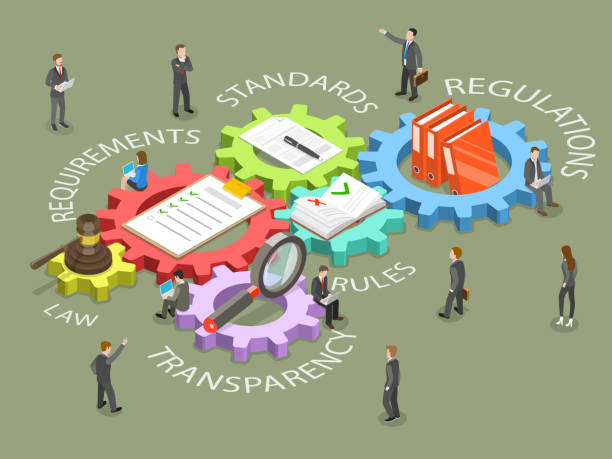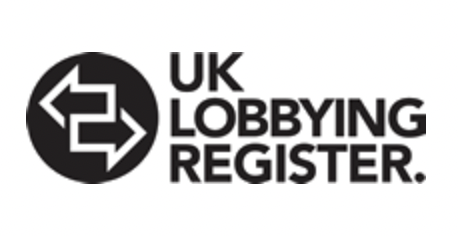Lobbying & Influence
Introducing the Issue
Firms of all sizes and sectors join trade groups in order for their business interests to be represented to government departments, functions or officials. And, in most parts of the world, businesses are free to express their interests and concerns to the government, much like citizens have the right to do so. However, given that influence is something becoming increasingly tied to money, and many groups appear intent on lobbying for private advantages at the cost of public interest, people are left wondering how influence can be used for good.
Does your company engage in Lobbying and Influencing?
Does your company lobby or seek to influence government, elected officials, politicians or political parties? If so, how do you ensure your activities are ethical and justifiable? Do you have policies or practices developed? Perhaps this isn’t an issue that you need to worry about right now? We’ve developed benchmarks that attempt to define Poor, Okay, Good and Excellent company performance standards on lobbying and influence.
You are invited to assess your business against these benchmarks, for free and without obligation.
Lobbying & Influence
Follow this link to:
1 – choose your score
2 – add a few lines by way of explanation to describe your policies and practices
3 – enter your email address so that we can get back to you
4 – submit
Nothing you submit will be published or shared.
Exploring the Issue
Government access is an important exercise of democratic freedom, and this usually includes corporate access as well as access for citizens. However, it offends the public when corporate access is used to extend buying influence or otherwise gain private advantages through lobbying activity, especially when it could be detrimental to the public interest.
Lobbying should be consistent with your organisation’s values, as well as what your organisation stands for. When this doesn’t happen, the public can call out lobbying actions as hypocritical. For example, last year, the CEO of Google published a letter along with 200 other CEOs in opposition to a repressive voting law in Georgia. However, Google was soon exposed for funding an organisation that supported this and similar laws, laying bare a disconnect between the values they showed to the public, and the way they truly acted behind closed doors.
Public perception of lobbying is largely cynical as it is becoming used as a tool for power, rather than effective and ethical change. 63% of people polled by the Gallup Poll rated ‘the honesty and ethical standards’ of lobbyists as low or very low. Lobbyists were the worst rated from the list of professions polled. The expectation is that businesses want something in return for their lobbying practices and that there are always secret motives hidden behind their actions.
This public perception isn’t helped by the knowledge of the various methods of indirect lobbying, which can sometimes include schmoozing with lavish hospitality, tickets to concerts and sporting events, and even holidays, such as 2-day conferences in tourist resorts where a 2-week stay is thrown in.
Paid jobs are sometimes offered as well: Owen Paterson, an MP, was hired as a part-time consultant for Randox in 2015 and worked within the government to advocate for certain benefits to Randox, including a contract to produce testing kits during the COVID-19 pandemic.
However, indirect lobbying can also serve more genuine actions including donating to campaign groups and funding think tanks. A think tank is a body of experts that provide advice and ideas on political or economic issues. ‘Think tanks’ can be used by lobbyists to access public figures at events.
Think tanks can serve legitimate and useful functions such as contributing to the formation of beneficial public policy and offering technical expertise. However, less unscrupulous think tanks have been exposed for offering to write reports with pre-set conclusions for cash, and others are merely fronts to allow corporations or other organisations to promote their interests and access public officials.
Political donations give businesses tremendous power over political decisions. One close tie that businesses often have with the government, and that heavily influences lobbying practices, is the ‘revolving door.’ The revolving door refers to the movement of staff between the public and private sector, bringing with them contacts and influence or even regulatory, executive or legislative roles while being part of organisations that are affected by such regulation, legislation, or decisions.
When done conscientiously, these revolving doors enable business and government to better understand each other and bring practical experience to policy-making, with benefits to wider society. However, there is a clear danger that when ‘switching sides’ from, for example, a water ombudsman to the CEO of a water company, insiders are also well placed to secure favours and advantages for themselves and private business interests.
Most lobbying is unregulated in the UK. The Committee on Standards in Public Life assists the Prime Minister in assessing ethical practices in public life and is in charge of conducting inquiries into any inappropriate practices done in the public sector. This Committee claims that the issue with lobbying sits in the lack of transparency about business interests. Where businesses go wrong is not in the practice of lobbying itself, but rather, in the abuse of such practices.
Lobbying clearly is a double edged sword, where many of the negative implications have taken over the public’s perception on the topic. With an effort to improve transparency, businesses can use lobbying to enact more positive and ethical change. This would also provide the opportunity for those outside the organisation to comment on the organisation’s practices and help ‘regulate’ the way in which businesses lobby and have influence.
Definitions
Conflict of Interests are situations in which a person or organization is involved in multiple interests, financial or otherwise, and serving one interest could involve working against another. Typically, this relates to situations in which the personal interest of an individual or organization might adversely affect a duty owed to make decisions for the benefit of a third party.
A client is any person or entity that employs or retains another person for financial or other compensation to conduct lobbying activities on behalf of that person or entity.
Lobbying is the practice of seeking to influence the opinions or decisions of government members, politicians, or public officials. Lobbying also includes programs that seek to influence public opinion.
Direct Lobbying involves any attempt to influence legislation (new or existing) by communicating with a member of the legislative body or other government official who has a say in the legislation.
Indirect Lobbying occurs when a person or organisation requests another person or organisation to lobby on their behalf.
Methods of Lobbying may include:
- Sending Letters to elected representatives
- Businesses and Trade association presentations on public officials and policies
- Providing briefing materials to decision-makers
- Networking with decision-makers
- Using personal contacts to extend influence and access to decision-makers
A public official is an individual (including advisors to an individual official) with decision-making power, who is elected, appointed, or employed within the executive or legislative branches of power at national, sub-national, or supranational levels; within private bodies performing public functions; and within international public organisations.
UK Lobbying Register is a register of individual lobbyists and organisations which are involved in lobbying.
Links & Further Resources
ARTICLES

How Businesses Can Be Responsible For Political Lobbying
World Economic Forum
Lobbying should be considered as an important factor in influencing political figures, employees and communities in the process. Businesses must take careful consideration when getting involved with lobbying so as not to support people or policies that may have negative impacts on society or the environment.

Lobbying Best Practices and Techniques
Bedfordshire Chamber of Commerce
Whether you’ve experienced its presence in the media, or benefitted from a successful outcome, lobbying will have played a role in most people’s lives. Perhaps you’ve even felt its impact as a business, through a policy that was either rejected or supported by parliament. This article provides tips for businesses on how to lobby responsibly.
RESOURCES

Business And Government Relations
The Sustainable Business Casebook
This resource breaks down how businesses and governments can influence one another with a strong focus on lobbying. This resource will provide tips on how to stay informed about public policies that may impact your organisation.

UK Lobbying Register
UK Lobbying Register
This is the website for the UK Lobbying Register where you can see what public officials or policies different organisations, clients, or individuals have lobbied for. You can also register your own organisation to be more transparent about your own lobbying practices.
